
Food Allergies, Intolerances, and Sensitivities in Horses
Learn how to determine if your horse has a food allergy, intolerance, or sensitivity and how to address his clinical signs.

Learn how to determine if your horse has a food allergy, intolerance, or sensitivity and how to address his clinical signs.

Horses need a variety of minerals in their diet to support basic system function and overall health. Learn how to ensure your horse is receiving the minerals he needs.

An equine nutritionist answers a reader question about how her horse’s diet might play a role in his poor coat quality and hair loss.
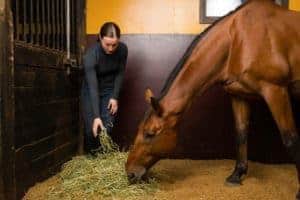
What should and shouldn’t horses with heaves (or equine asthma) eat? A nutritionist offers advice.

Can feeding copper help darken a horse’s coat and prevent sun-bleaching? Learn more about this important trace mineral.

When switching your horse to a forage-focused diet, first obtain a hay analysis and choose a ration balancer that fills the nutritional gaps.
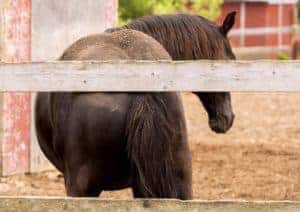
Do you have a horse with flaky skin and a dry mane and tail? The right feed might help.

If you can see your horse’s ribs or his topline is lacking, he might need to gain weight or muscle. But how can you tell which he needs?

Learn why this antioxidant is important for muscle health and how to supplement it safely.

Don’t balk at the S-word on the feed label. It might be just what your adult horse needs.

Your horse’s nutritional requirements depend on his life stage and individual needs.
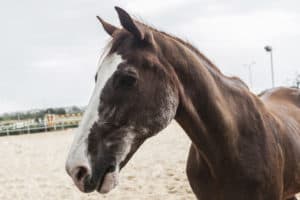
Is your senior horse a picky eater? Be sure he has regular veterinary dental examinations with your veterinarian and consider changing his forage or concentrate feed.
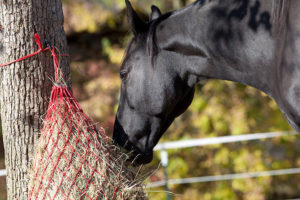
Sourcing lower energy hay and implementing slow-feeding strategies can help reduce your horse’s risk of becoming obese and developing metabolic problems.

Learn about 10 common plants, chemicals, organisms, and toxins your horse should never eat.
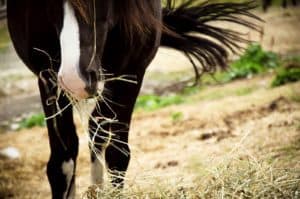
One expert explains whether horses that maintain body condition well on forage alone get enough protein from only eating hay.
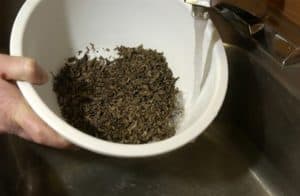
An equine nutritionist offers advice about soaking beet pulp and ensuring it’s safe for horses to eat.
Stay on top of the most recent Horse Health news with
© 2022 Copyright Statement dolor sit amet, consetetur sadipscing User Terms, sed diam nonumy eirmod tempor invidunt ut labore et dolore magna aliquyam erat, sed diam voluptua. At vero eos et accusam et justo duo dolores et ea rebum. Stet clita kasd gubergren, no sea takimata sanctus est Lorem ipsum dolor sit amet.
"*" indicates required fields